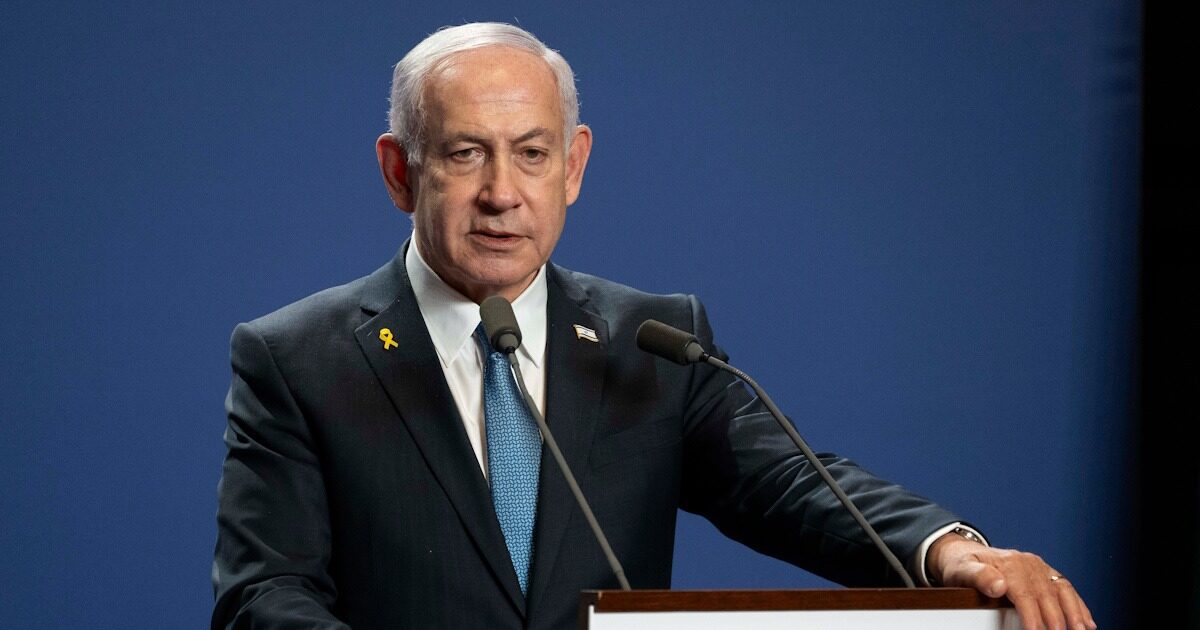With the approval of the “occupation” plan of the city of Gaza on Friday (08.08.2025), the Israel enters a new phase of war. Despite the opposition of the General Staff and Senior Security Officers, this decision allows the Benjamin Netanyahu To maintain the fragile unity of his coalition, while at the same time projecting a harsh attitude that serves him towards his partners.
Benjamin Netanyahu also sought to save time with this decision – a breath in his domestic political battle against growing diplomatic pressures and frozen negotiations to release hostages. However, according to the analysis of the progressive Israeli newspaper Haaretz, it is likely that this move will eventually turn against him, as members of the cabinet are on the verge of leaving the government coalition.
Right -wing Minister Betchalel Smotric, who said on Saturday that he has “lost his confidence” in Netanyahu, has not left the government so far. Your party leader, Aries Derry, although he has officially left the Coalition, continues to attend meetings and is pushing the government to accelerate the release of hostages.
A limited plan but with a double target
Officially, Netanyahu said that Israel “will occupy the entire Gaza Strip from Hamas and hand it over to a fair political administration”. In fact, the measure approved is currently only for the city of Gaza. According to political sources cited by Haaretz, the plan is aimed at both the destruction of Hamas infrastructure and the pressure to reach an agreement. At any time, it could be interrupted to give space to negotiations.
International pressures and diplomatic calculations
Despite the world criticism, the open conflict with the international community over the fate of the displaced is not immediate. The main friction point remains the entry of humanitarian aid, a issue that is causing tension with the United States, Europe and several Arab countries.
In order to alleviate the pressures, Israel plans to increase help in the coming days: Construction of 16 food distribution centers, out -of -town hospital creation and medical equipment. Movements that will not solve the crisis but could reduce pressure from Washington and some European capitals.
Window of two to three months
The army asks two to three months of preparation. In the meantime, the United States, Qatar and Egypt may take advantage of this time to pursue a truce and an agreement – partial or complete – to liberate hostages.
In recent days, Israel has implied that “there is room for discussion”. It remains to be seen whether, under the threat of an attack on the city of Gaza, international pressure will be able to push Hamas and Netanyahu to reach an agreement that will end the war.
